This article contains spoilers for The Equalizer 3.
As was the case with the previous two installments, The Equalizer 3 has plenty of cool action sequences that parents probably shouldn’t let their kids see. It leads to a thrilling conclusion where Robert McCall (Denzel Washington) takes out the Italian mafia in their compound. A motif through this sequence involves blood dripping down a stained glass window featuring the archangel Michael before breaking and revealing a nasty surprise for Gio Bonucci (Eugenio Mastrandrea). The stained glass may look pretty, but there’s symbolism some viewers may not have picked up on.
What Do St. Michael and Robert McCall Have in Common?
Many viewers may not realize that The Equalizer 3 director Antoine Fuqua has a tattoo of the archangel Michael, the same one depicted in the film. He spoke with Collider about what that specific imagery means to him, “The reason I love that tattoo of the archangel is because he has a sword. He’s an angel, but you know, [laughs], he’s a badass, man.” In religious imagery, St. Michael is a warrior in the eternal struggle between good and evil. He’s a champion of justice, and that same descriptor could easily be used for Robert McCall.
Throughout the franchise, McCall tries to lead a peaceful life. He cares greatly for the people of his community, as evidenced in the third installment when he finds a quiet village where he believes he can make a new life for himself. However, when bad men enter the village seeking to destroy everything it stands for, McCall knows what he must do. Fuqua mentions in the interview how justice doesn’t always equate to violence, but given that’s what McCall knows best, it’s what he enacts to keep innocent folks safe. In this sense, the stained glass window symbolizes McCall himself. He’s an angel of peace, but if you’re not careful, he has a sword at the ready to enact his brand of vengeance.
Hopefully, viewers take this knowledge into the movie and get a new sense of appreciation for the philosophy Fuqua was able to instill within the action franchise.


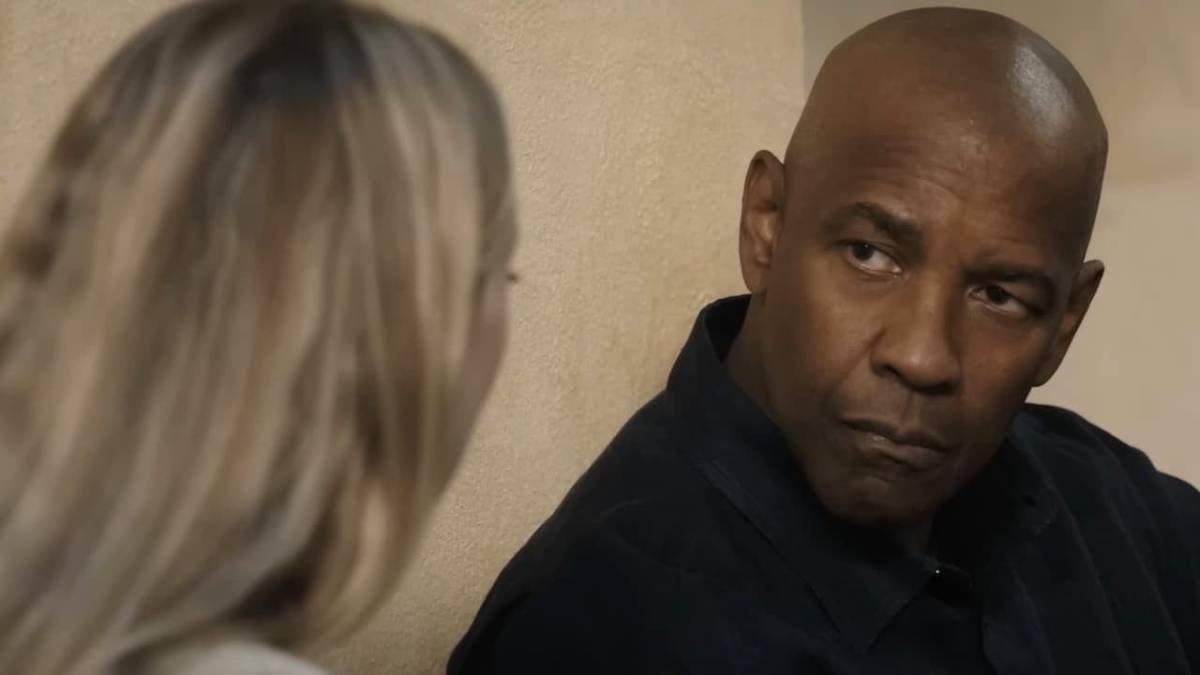

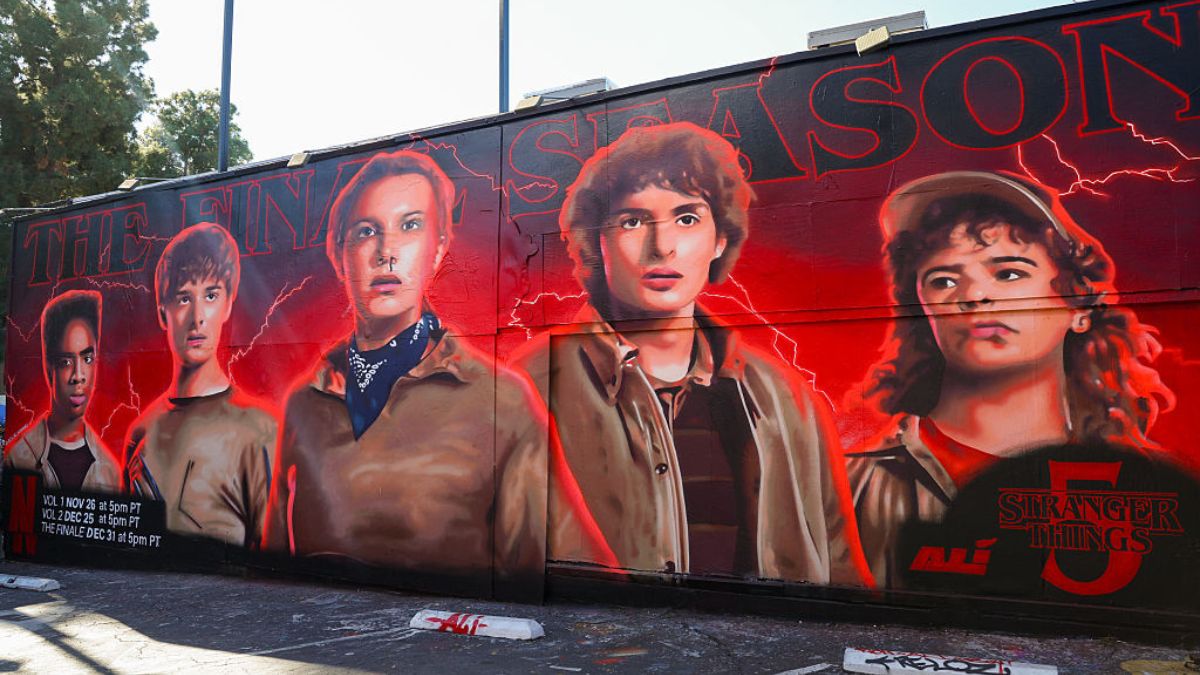
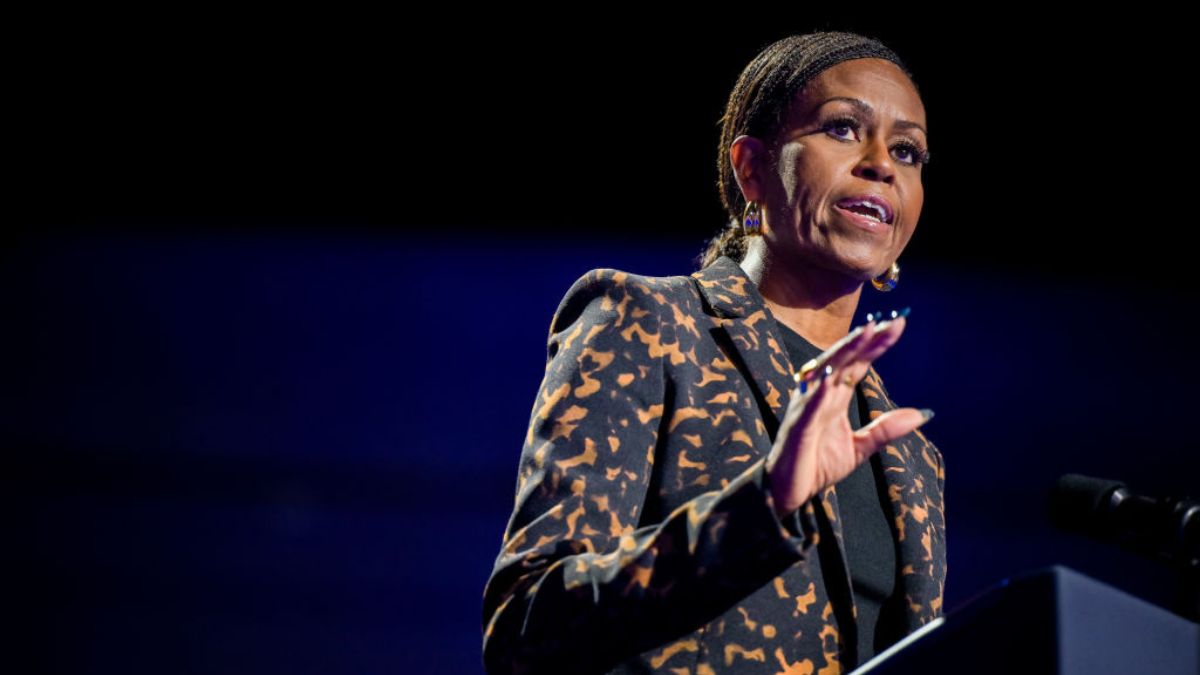
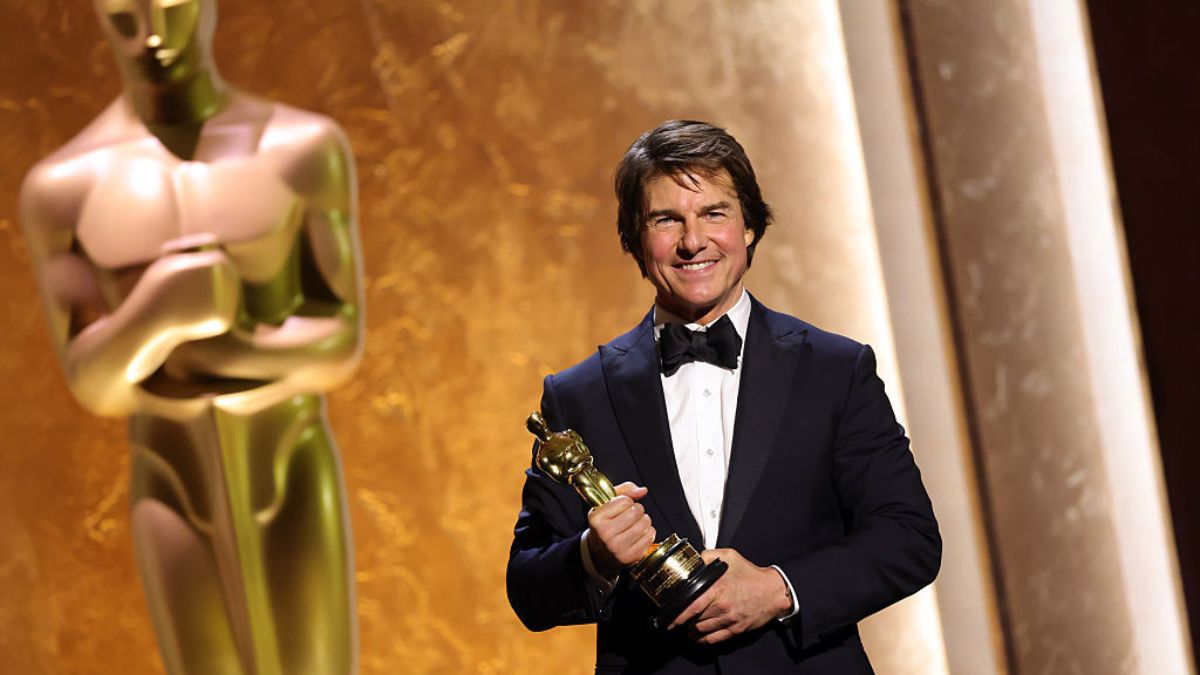
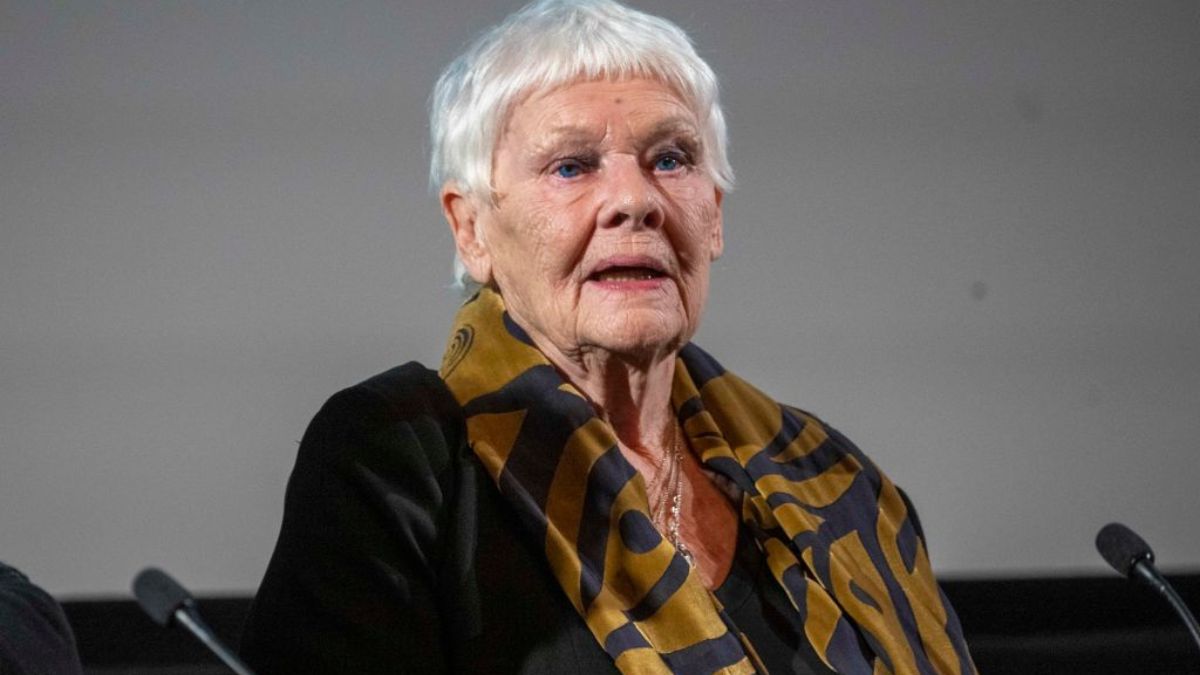
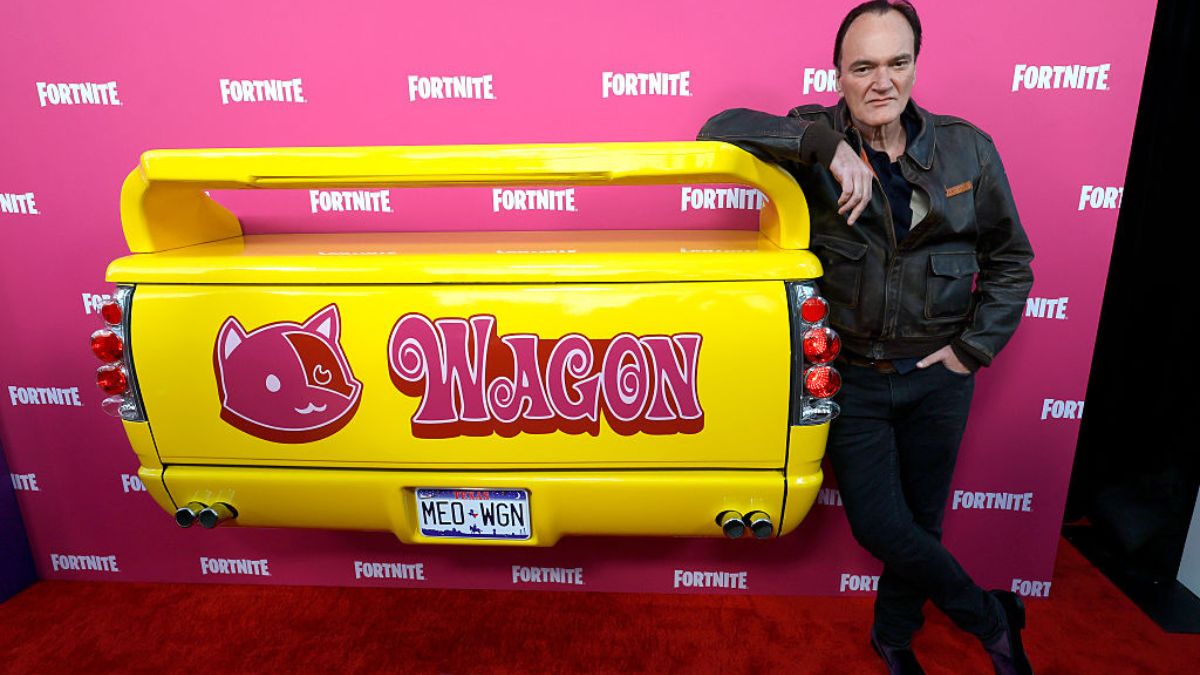
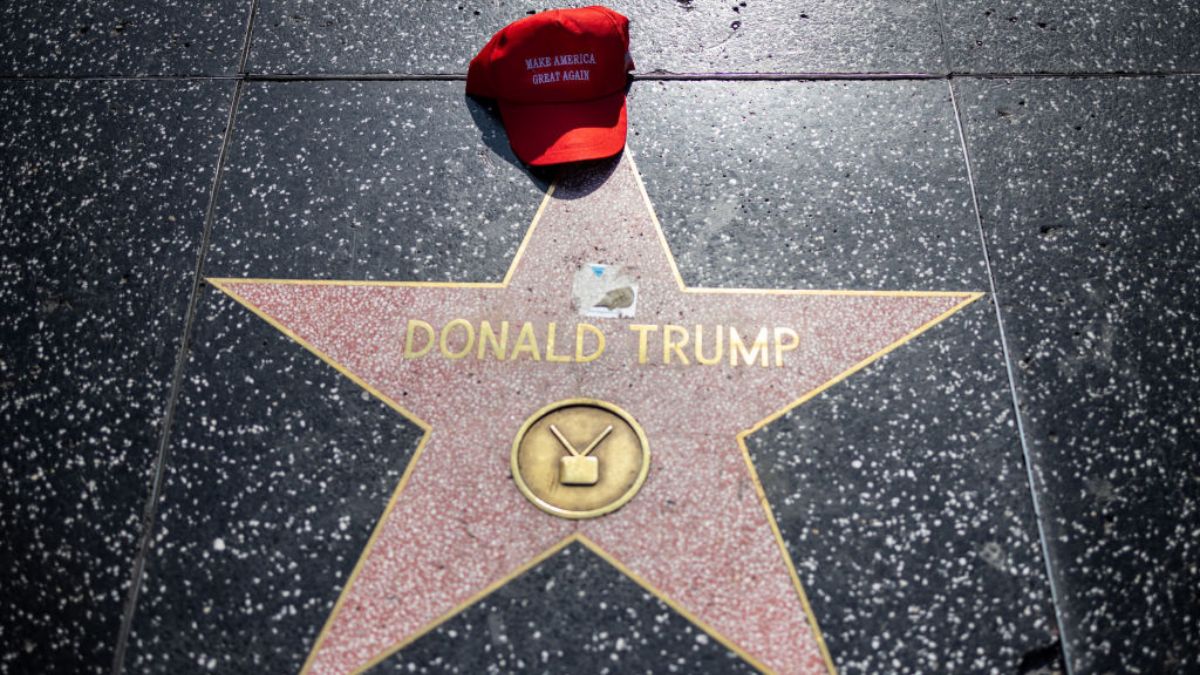
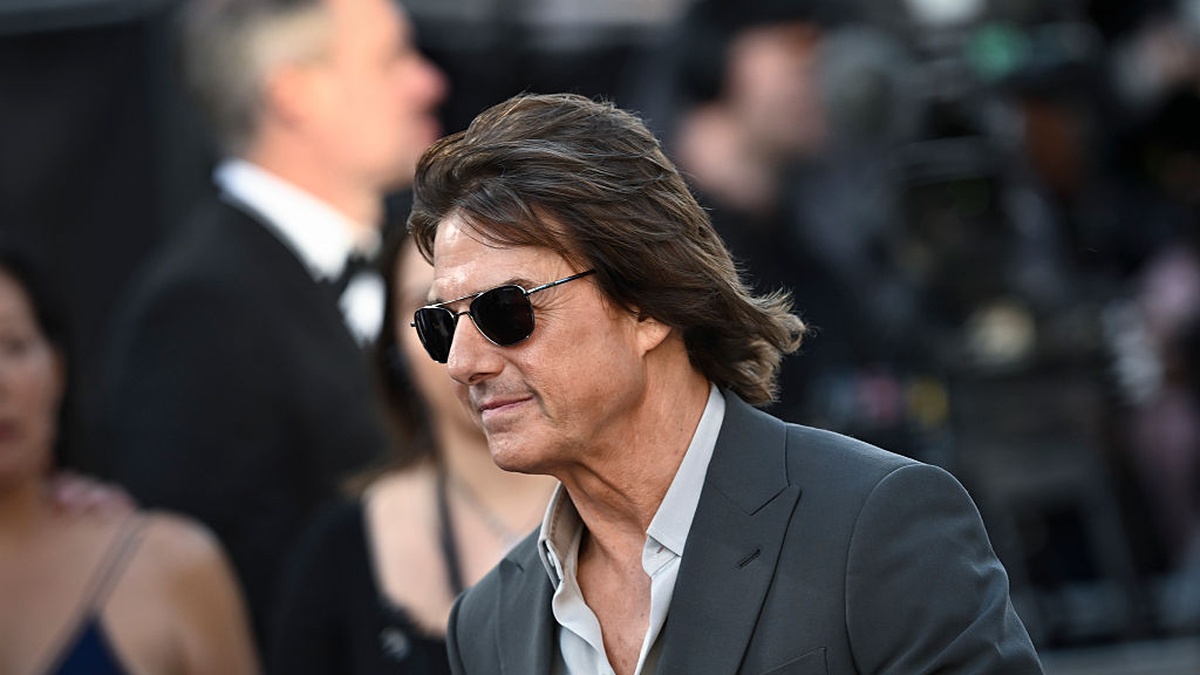

Published: Sep 2, 2023 10:00 am